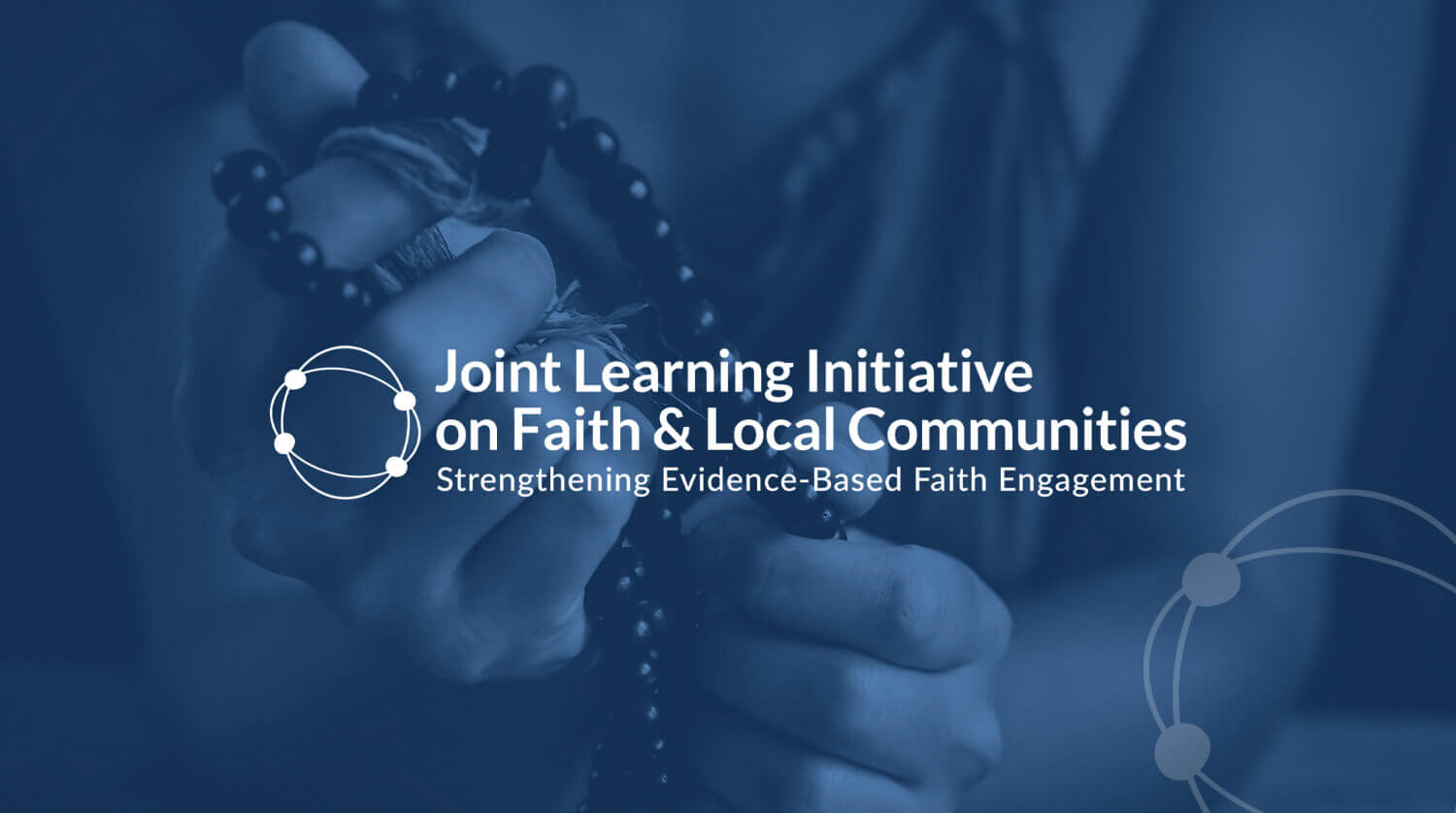3-6 July, 2018, Ulaanbaatar, Mongolia
We, the Asia Pacific Faith-based Coalition for sustainable development (APFC), a regional
coalition and all member organizations have a regional presence in the Asia- Pacific Region.
We are a learning, sharing and action-oriented coalition of FBOs of different faiths
committed to sustainable development.
At the core of the mission of FBOs is to address the root causes of vulnerabilities and to
bring hope and well-being to the communities at the margins of societies. Our work
embeds us in communities-at-risk.
FBOs are deeply rooted in our communities and nations, with a unique reach to poor and
vulnerable people through their development, humanitarian, diaconal and spiritual action.
FBOs are present in remote and hard-to-reach areas, where sometimes no other institutions
work. This, in combination with their vast experience in development and humanitarian
work, provides FBOs with a unique understanding of the needs and capacities of the poor
and the marginalized. This is an asset for the Sendai Framework for Disaster Risk Reduction
(SFDRR) implementation with a strong focus on reducing the risk and protection gaps
among the most vulnerable.
Faith-based groups have been playing a crucial role in the localization of risk reduction,
resilience building and humanitarian action. They are always among the first responders in
emergencies, providing shelter during evacuation and meeting other basic needs (i.e. food,
water, clothing) of those affected. They have been sources of community-based and
managed social capital for healing and recovery. Furthermore, FBOs are contributing
substantial material, financial and social resources for risk prevention, reduction and
humanitarian action worldwide, particularly in Asia.
FBOs can complement other aid sectors’ activity at the grassroots level, contributing as a
vector to localize humanitarian response and preparedness, as well as enhance
mainstreaming of risk reduction and response preparedness measures in development
programming.
In order to support the effectiveness of SFDRR implementation in Asia and The Pacific
region, we, the Asia Pacific Faith Coalition, call on all governments and partners to:
- Support the meaningful and substantive engagement of FBOs and Local Faith
Communities (LFCs) in SFDRR processes to provide the opportunity to reach the
most at-risk communities, even in remote conditions, and engage them in resiliencebuilding
and decision-making processes. - Collaborate with FBOs and LFCs and use their capacity to communicate to local
communities to raise the level of understanding and awareness on and investments
in DRR and climate change. so as to avoid losses and damage in lives and assets. - Involve FBOs and LFCs at all levels (international, national and local levels) to help
monitor DRR impact at household and community levels based on the set of SFDRR
indicators and Asia Regional Plan for implementation of SFDRR for purposes of
better risk governance. - Use and encourage the collaborative networks of LFCs/FBOs across the region to
respond to the causes and impacts of disasters and climate change by raising
investments for resilience at local, national, regional, and global levels. - Allocate resources to FBOs and LFCs to develop and implement DRR measures, both
in terms of risk mapping, prevention/mitigation and resilience building
projects/activities, as well as preparedness activities and early action against
disasters. - Engage and support FBOs in relief and post-disaster recovery and rehabilitation to
galvanize local humanitarian response / preparedness and to facilitate effective and
efficient initiatives that will enable communities to BUILD BACK BETTER. - Recognize the value of empowerment in enhancing social capital and social safety
nets in addressing climate and disaster-related risks and the role of LFCs for such
enhancement. Investing in entitlements that affirm human rights and dignity is key
to reducing vulnerabilities to evolving and powerful natural and human-induced
hazards humanity now faces. - Strengthen the synergy between the implementation of the SFDRR, the Paris Climate
Agreement, the WHS Commitments to Action and the Sustainable Development
Goals (SDGs) by giving priority to vulnerability reduction and resilience building and
affirm the importance of implementing these frameworks in a manner that is
inclusive, ambitious, equitable, gender sensitive and human rights based. - Address root causes of vulnerabilities such as socio-economic inequality and
exclusion through public and private sectors’ investment in risk prevention and
reduction, resilience, and sustainable development. - Provide the enabling environment for innovations, policy dialogues, and the access
to technologies that address practical and strategic climate and disaster-related
risks like water security in the face of droughts and slow-onset hazards and
displacement and loss and damage of economic and non-economic assets due to
rapid onset events affecting Asia-Pacific.
Members of APFC:
- Action by Churches Together Alliance (ACT Alliance)
- Arigatou International
- Islamic Relief Worldwide
- Soka Gakkai International (SGI)
- World Vision International






